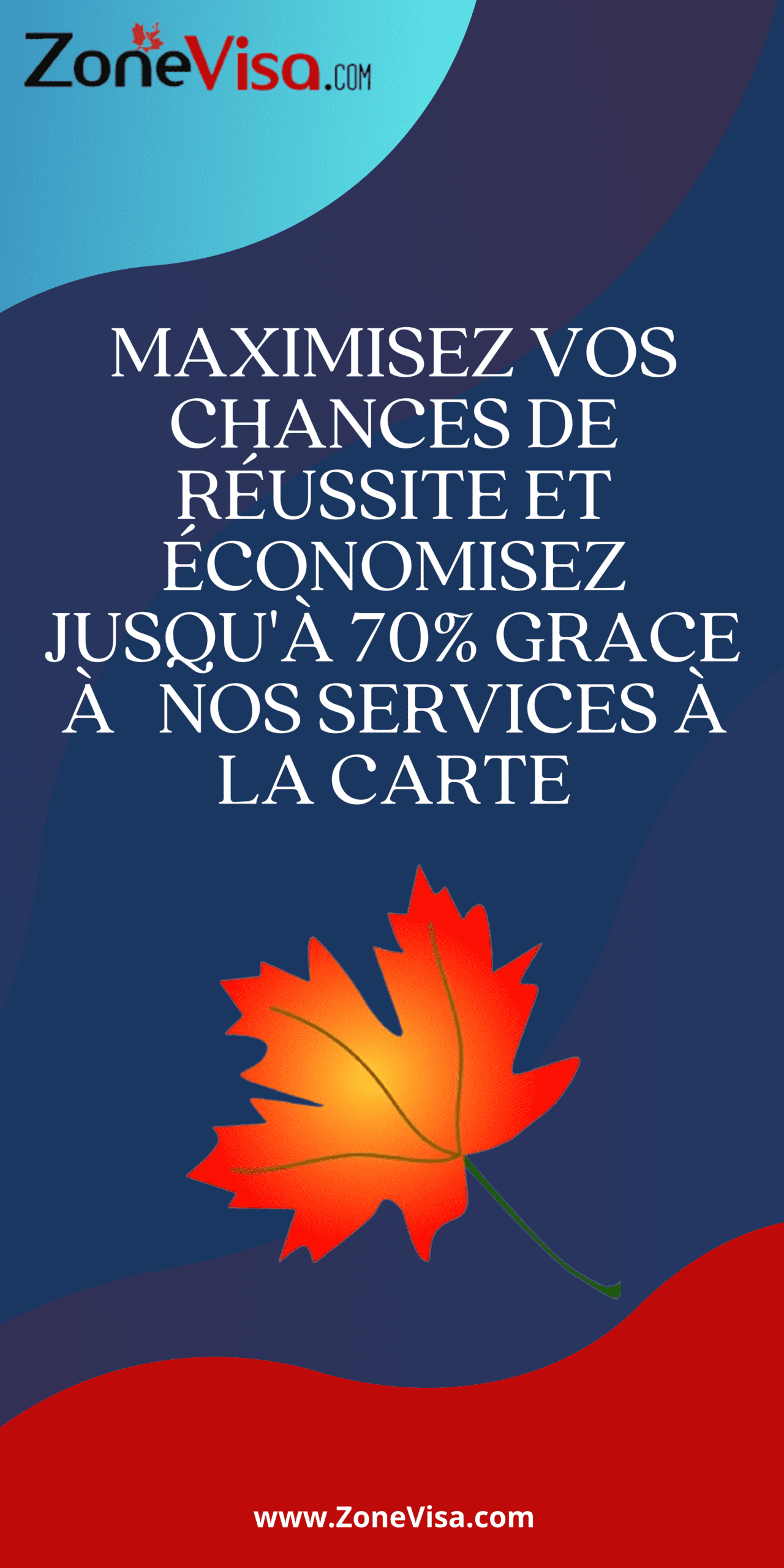Introduction:
Canada has long been a popular destination for immigrants seeking a new life and better opportunities. However, one barrier that prospective immigrants often face is the Right of Permanent Residence Fee (RPRF). This fee, also known as the RPRF, is a significant financial burden for many individuals and families looking to settle in Canada permanently. In this article, we will explore the implications and challenges of the RPRF for Canada immigration.
Paragraph 1: Understanding the Right of Permanent Residence Fee (RPRF)
The Right of Permanent Residence Fee (RPRF) is a fee that must be paid by individuals who have been approved for permanent residence in Canada. It is charged as a processing fee to cover the costs associated with processing and approving applications. The RPRF is a significant amount, often ranging from several hundred to several thousand dollars per person, making it a substantial expense for many prospective immigrants.
Paragraph 2: The Financial Burden on Immigrants
For many immigrants, the RPRF represents a significant financial burden. Coming up with the funds to pay the fee can be a challenge, especially for families or individuals who are already struggling financially. This fee can create additional stress and anxiety for individuals who are eager to start a new life in Canada but find themselves unable to afford the RPRF.
Paragraph 3: Impact on Family Reunification
One of the most significant impacts of the RPRF is its effect on family reunification. The high cost of the fee can deter individuals from sponsoring their family members to join them in Canada. This can result in prolonged separation and emotional distress for families who are eager to be together. The RPRF acts as a barrier that prevents families from being able to reunite and start their new lives in Canada together.
Paragraph 4: Delayed Settlement and Integration
Another consequence of the RPRF is the potential delay in settlement and integration for newcomers. Many individuals may have limited financial resources upon landing in Canada, and paying the RPRF can become a significant setback. This delay in payment could result in delayed access to healthcare, education, and other crucial settlement services, hindering immigrants’ ability to successfully integrate into Canadian society.
Paragraph 5: Unequal Access to Opportunity
The RPRF also contributes to unequal access to opportunity for prospective immigrants. For individuals who cannot afford the fee, their dreams of starting a new life in Canada may be shattered. This fee creates a barrier, preventing individuals from accessing the opportunities and benefits that Canadian permanent residency offers. It is important to address this issue to ensure a fair and equitable immigration system.
Paragraph 6: A Barrier to Economic Growth
The RPRF can also act as a barrier to Canada’s economic growth. Immigrants, especially those with high skill levels and qualifications, contribute to the Canadian economy by bringing in new ideas, innovation, and filling labor market gaps. However, with the RPRF acting as a financial burden, many potential immigrants may choose to explore other countries with more favorable immigration policies, leading to a loss of economic potential for Canada.
Paragraph 7: The Need for Reform
The Right of Permanent Residence Fee (RPRF) poses significant challenges and barriers for individuals seeking to immigrate to Canada. It is essential for policymakers to address this issue to make the immigration process more inclusive and accessible. By reforming the RPRF or implementing alternatives, such as income-based fee structures or fee waivers for certain categories of applicants, Canada can better promote immigration and ensure that the process is fair for all individuals seeking to call Canada their new home.
Conclusion:
Despite its many advantages as an immigration destination, Canada’s Right of Permanent Residence Fee (RPRF) presents a significant obstacle for many prospective immigrants. The high cost of the fee creates financial burdens, hinders family reunification, and delays settlement and integration. Additionally, it contributes to unequal access to opportunity and can deter skilled immigrants from choosing Canada as their new home. Reforming the RPRF and implementing alternative measures can help make the immigration process more accessible, fair, and beneficial for both immigrants and Canada as a whole.



